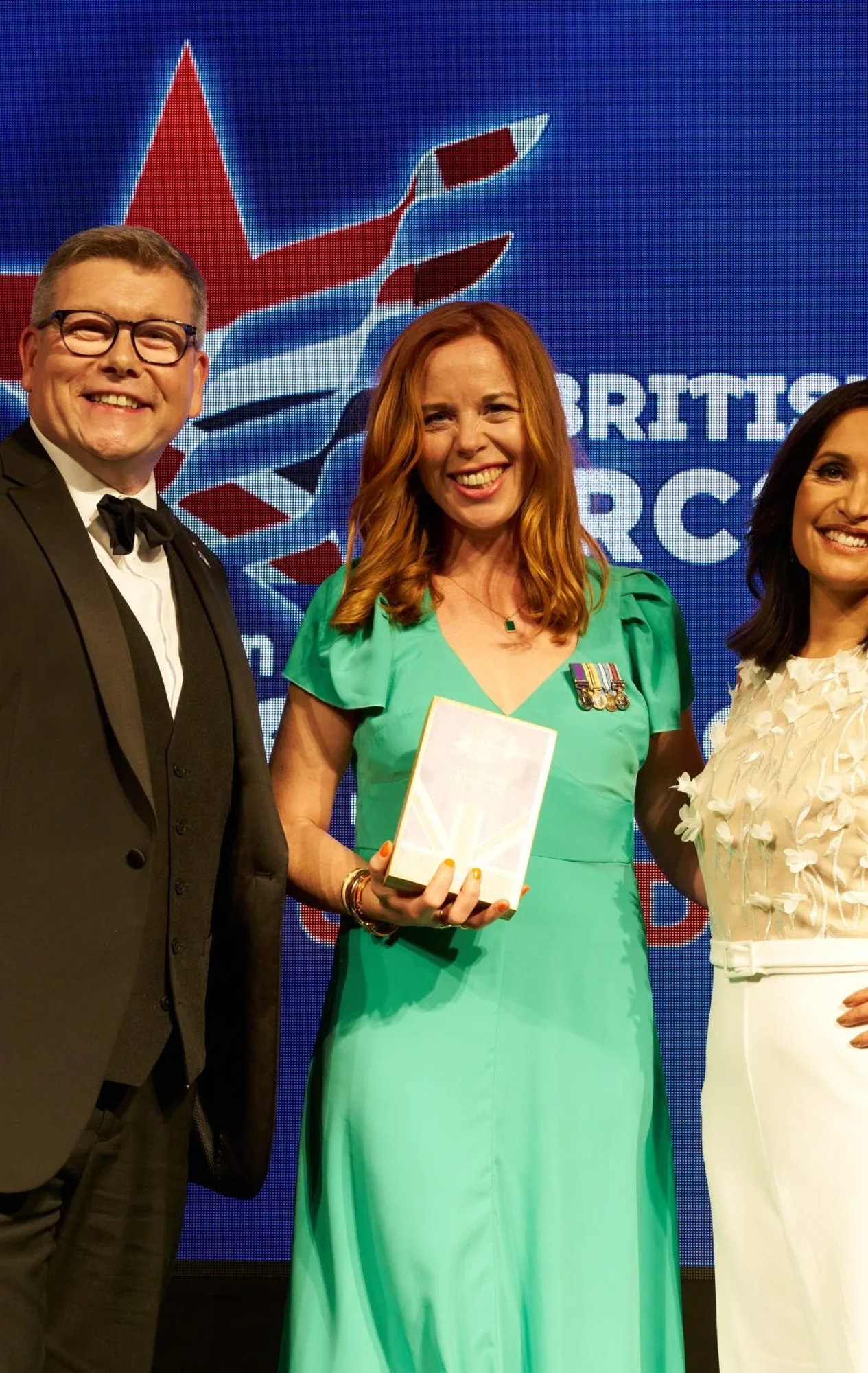
IWD with Kelly White
10 Mar 2025After joining the industry by accident, Kelly White, Head of Bidding, shares how she has developed a passion for construction and become a fervent advocate for equity through our Affinity Networks.
Inclusion is a natural pre-requisite to meaningful and long-lasting diversity. But how to promote a truly inclusive workplace culture?
Inclusion and diversity are, therefore, both interdependent and equally important. And a deliberate focus on being inclusive can be the path to true diversity.
Central to creating an inclusive culture is engagement with employees – in other words, empowering each and every member of a workforce to share their thoughts, experiences and knowledge with both their colleagues and management. This will not only help to get the best out of employees on an individual level, but will have an enormously positive impact on the business as a whole. At Sir Robert McAlpine, we’ve seen that teams work most effectively when everyone feels engaged and connected to the project they are working on; ensuring that every single team member takes extra care and develops a real sense of pride towards the result.
What’s more, businesses stand to benefit enormously from harnessing the wide pool of expertise, experience and knowledge contained within any project team – yet this cultural aspect can be too often overlooked. Fostering a sense of community where employees feel comfortable sharing their thoughts helps us to ensure that collaboration and innovation continue to drive our work and remain at the heart of our business.
One of the ways we have approached this is by conducting an ‘Inclusion Survey’ of the workforce. The results both highlighted the positives, but crucially also revealed the areas we need to work on. In a previous article, we highlighted the seven Affinity Networks that we have launched to shape our inclusion and diversity policies at grassroots levels. We have since introduced inclusion workshops and training, which will be rolled out to line managers. In addition, we have SRM Pulse: a weekly survey that provides employees with a platform to feedback on what it’s like to work at the firm, completely anonymously. Such an approach means we are always listening and able to make improvements that matter.
A people-centred approach is the cornerstone of any effective diversity and inclusion strategy, and will naturally lead to a more motivated, engaged and ultimately productive workforce. Now, in light of Covid-19, more people have realised the freedom of agile and flexible working, representing a potential watershed for ways to be more inclusive in the workplace. As we embark on the road to recovery, keeping the promotion of an inclusive workplace culture at the top of the agenda will be as crucial as ever.
After joining the industry by accident, Kelly White, Head of Bidding, shares how she has developed a passion for construction and become a fervent advocate for equity through our Affinity Networks.
As we celebrate National Inclusion Week 2024, we share stories from women in construction, reflecting our commitment to creating an inclusive workplace.
In celebration of International Women in Engineering Day this week, we proudly recognise the exceptional contributions of our female engineers who help drive our projects forward.
Congratulations to Rachael Smith, our Head of HR – Strategy & Transformation, who was named Role Model of the Year at the British Forces in Business Awards 2025.
During Armed Forces Week, we speak to Katy Maloney to understand how our commitment to the Forces community provides essential support for military families.
As we celebrate the beginning of Armed Forces Week 2025, we are thrilled to announce that we have been awarded the Defence Employer Recognition Scheme (ERS) Silver Award.




